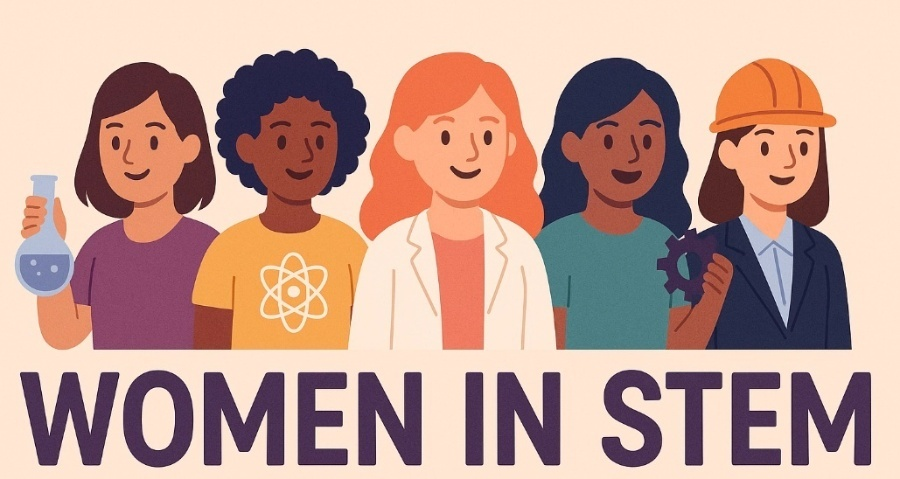Speaker
Description
Equal participation of both men and women in science and technology is essential for promoting
a balanced socio-economic advancement in both of the developed and developing countries. Little attempt
has been made to examine the gendering process in academia or research institutions in developing
countries. This paper reviewed the gender disparity among scientists in a research organization in,
Bangladesh, and constructed relevant theories to explain gendering process.
Data obtained from different department were reviewed by a group of researchers in a reputed
organization in Bangladesh at two time points between 2004 and 2016. The first review of 2004-2006
data conducted in 2007 revealed that women held 25% of the scientific positions of the organization,
while 30% held a scientific leadership position, 23% led a research protocols as a Principal Investigator,
30% were enrolled in a research training and 16% were assigned as a mentor for PhD candidate enro8lled
elsewhere. The second review of 2010 -2016 data conducted in 2017 revealed that women researchers
held 36% of the scientific position, 40% leadership position, 25% of the research training opportunity,
and 10% of the academic mentorship position for a PhD candidate enrolled elsewhere. Additional review
suggested, 31% among the grant winners were females, 36% research protocols were led by a female and
only 12% of the published articles had a female corresponding author.
These finding support significant gender disparity among scientists of a research organization in a
LMIC not just only in terms of the position, but also lack of opportunities of training and playing a
leadership role. The bureaucratic impediment in the promotion, mentoring, leadership, and a less
congenial work environment may have compromised the potential of women in a LMIC research
organization to build career in health research. Understanding the gendering process in an academic
organization and identifying gender specific barriers prohibiting women achieving their full potential in
STEM disciplines would be imperative for promoting women in science, technology, mathematics and
engineering (STEM) disciplines would be essential for fostering scientific development in LMICs.

